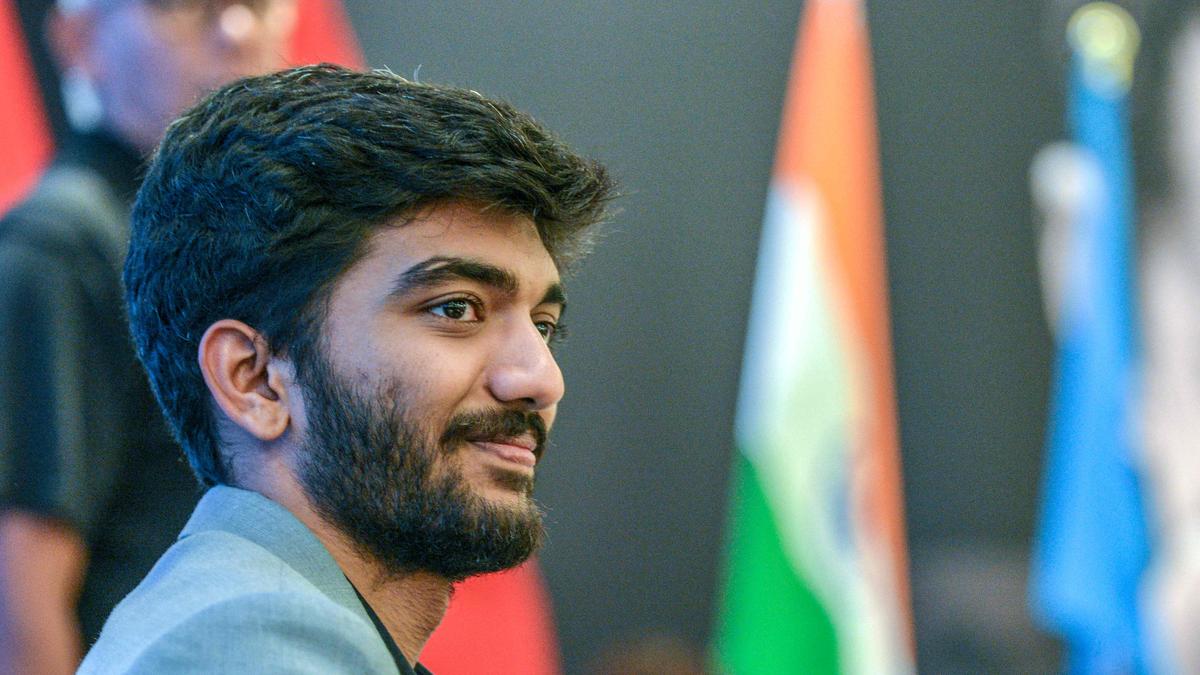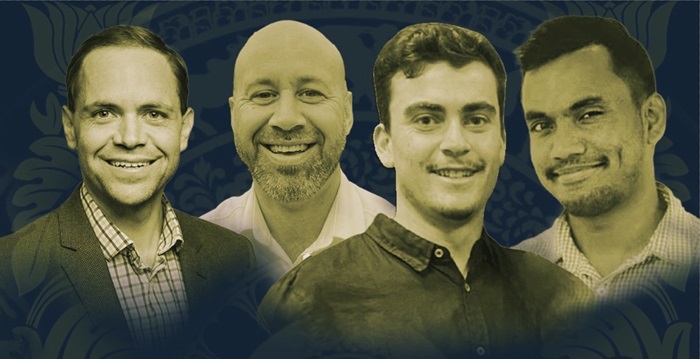Gukesh’s World chess championship title is triumph of the system


Gukesh’s World chess championship title is triumph of the system
The last seven minutes tell us a lot. Watch it on YouTube. It is as exciting and character-revealing as a shootout in football.
The ordinariness of the action cannot detract from its import. It is move 55 and Ding Liren makes his fatal error. Gukesh does not spot it immediately. He adjusts himself on the chair, looks again, leans forward, swings back, brings his hands together, swallows, raises a hesitant fist to his lips, then strokes his face with his hands. There is disbelief in his manner.
Can it be? Is this the end of one part of his life and the start of another? He sips water, places a hand on his chest as if trying to calm his beating heart. Now both hands are on the head and he looks again. Let’s not rush things, he seems to say, meditates for a moment, looks up and captures the rook. A series of captures and he goes for a walk. The young boy who went for a walk returns a man. Calm, assured, self-possessed now.
Then for the first time he smiles. A shy, self-conscious smile as if embarrassed that he should be troubling a world champion. “Gukesh’s face told me I had made a blunder,” Ding was to say later. In an interview to Straits Times he had said that those born after 2000, “play fearlessly and are willing to try strategies previous generations might not have.” Fearlessness is an important element in any champion’s make-up.
When Ding shakes his hand and leaves, the emotions gush out and you realise this is only a boy after all. Still seated, still emotional, Gukesh finds the time and focus to rearrange the pieces on the board, both on his side and his opponent’s. Upbringing will tell. At the press conference he pays generous tributes to his opponent.
This is clearly a champion we can be proud of.
The nation is bound to go overboard, with different elements wanting different pieces of him. After the win, news channels told us we had beaten China, suggesting our neighbours had better fear our strengths elsewhere now. Luckily, Gukesh has five-time champion Viswanathan Anand in his corner. Anand knows all about the oscillating emotions of his countrymen.
It is a triumph of a system. India has 85 Grandmasters, products of a system that has worked from the schools and clubs to coaches. And overseen by supportive parents. The chess structure in India maybe the best in the world. It’s a lesson for other sports. There was an inevitability about an Indian becoming world champion.
Gukesh’s parents played chess. His father told New York Times, “The schools, teachers, and coaches started to tell us, ‘This kid is talented, you should pursue more’.” And they did exactly that, sacrificing time and money and being the first people in his corner.
Sports Person of the Year? Certainly. Perhaps more. Gukesh is Person of the Year, world champion in a sport played by 201 countries and millions of people.










